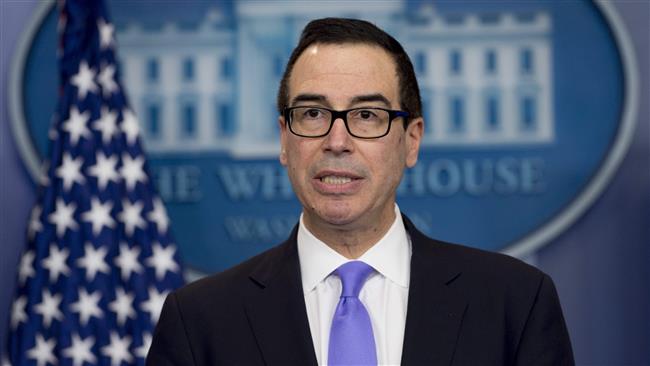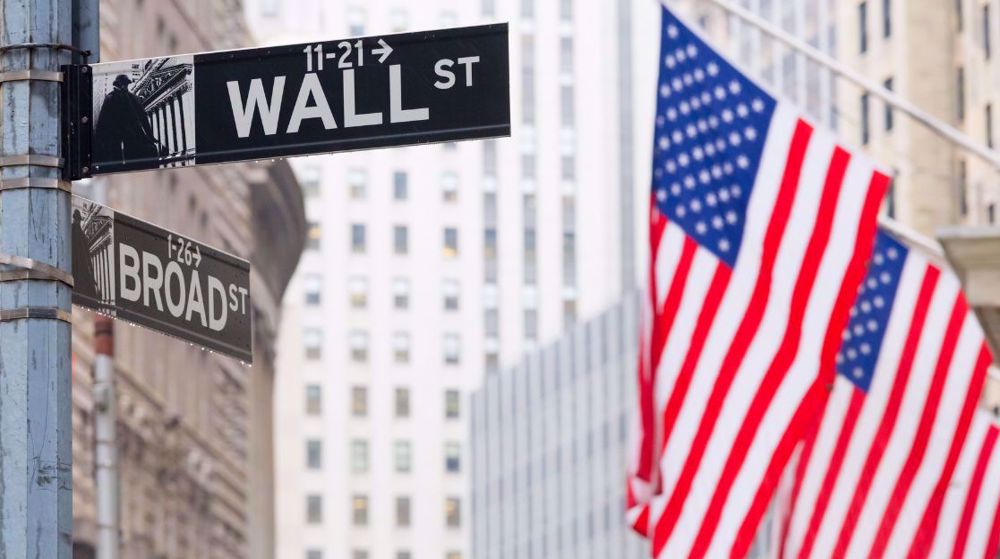US Treasury calls on IMF to monitor currencies, provide 'candid' analysis
US Treasury Secretary Steven Mnuchin has urged the International Monetary Fund (IMF) to provide "frank and candid analysis" of exchange rate policies in member countries.
A Treasury spokesman said the plea was made in a phone call with IMF Managing Director Christine Lagarde on Tuesday.
The conversation was among the first contacts between the fund and the administration of US President Donald Trump, who has time and again accused Beijing of manipulating its currency to gain a trade advantage over Washington.
Mnuchin "noted the importance that the administration places on boosting economic growth and jobs in the United States, and looked forward to robust IMF economic policy advice on its member countries and tackling global imbalances," the spokesman said.
In his phone conversation with Lagarde, Mnuchin "underscored his expectation that the IMF provide frank and candid analysis of the exchange-rate policies of IMF member countries.”

The international fund, which keeps tabs on currencies and other economic policies in the 189 member countries, as Mnuchin said, forces members to "avoid manipulating exchange rates... to gain an unfair competitive advantage over other members."
Currently, there are only four currencies that are counted by the IMF as major reserve currencies that can be used in international transactions. Those current major reserve currencies are the US dollar, the euro, the British pound and the Japanese yen. However, the dollar remains the dominant reserve currency throughout the world.
Mnuchin also said the new US administration will "ensure that US resources placed in international institutions such as the IMF and multilateral development banks are used to promote policies consistent with the objectives of the United States to the greatest extent possible."
The Tuesday move was prompted as officials from the G20 countries voiced their concern about how the US would tackle with multilateral institutions and cooperate on foreign exchange, trade and other economic policies.
With about a 17-percent share of the fund's voting power, Washington is the largest shareholder in the IMF, enjoying an effective veto power over many major decisions.
VIDEO | Yemeni forces repel US-British attack, down F-18 Jet
Iran’s capabilities vast; enemy’s ‘maximum pressure’ policies all failed miserably: Senior official
Iran’s economy grew 2.7% y/y in Sep quarter: CBI
VIDEO | Freelancers in Gaza strive to stay online amid genocide
Mikati demands Israel's withdrawal from south Lebanon
Yemeni army strikes Israeli military sites with drones
‘Clock ticking’: UNRWA slams unjustifiable killing of children in Gaza
BP to be sued in Britain for supplying oil to Israel













 This makes it easy to access the Press TV website
This makes it easy to access the Press TV website